Author: Clark Goble
-

Guest Post: Justifying Visions
Mark Bukowski got degrees in philosophy and psychology at UCLA, studying with the noted scholar of German idealism Robert Solomon and Angela Davis, a student of Marcuse. While an undergraduate he became a bit of a student radical, marxist and atheist. In graduate school he studied William James and John Dewey under Jon McDermott and…
-
Did Nephi Know of the Return from Exile?
I was rereading some of Nephi’s sermons tied to his incipient Christianity. It struck me that it’s not clear Nephi knows about the 2cd temple period and restoration from Babylon. Now I’m still not 100% sure of this. So I appreciate any feedback. Nephi gets some fragmentary prophecies of the future but most are tried…
-
The (In)Consistencies of Church Employment
In 2012 a BYU religion professor named Randy Bott created a firestorm when he made fairly racist comments justifying the priesthood ban to blacks in an interview with the Washington Post. Many called for Bott’s firing. Shortly thereafter Bott took retirement from BYU. Sadly the comments weren’t that surprising and most of us have known…
-

Future Mormon: Chapter 3
Welcome to the third week of the reading club for Adam Miller’s Future Mormon. For general links related to the book along with links for all the chapter discussions please go to our overview page. We’ll be trying to discuss a chapter each week. Please don’t hesitate to give your thoughts on the chapter. We’re…
-
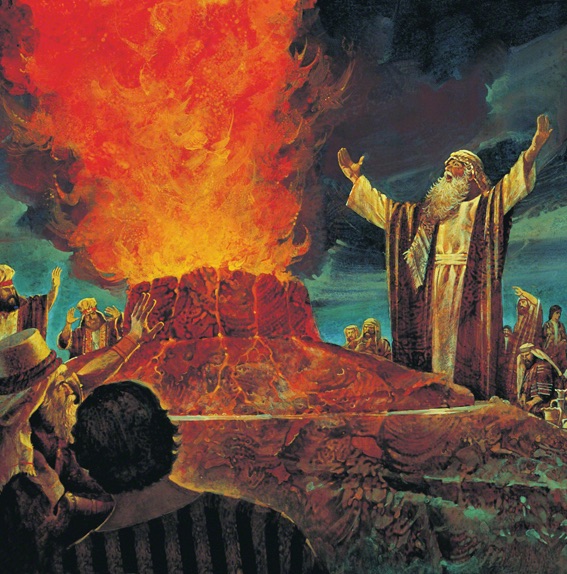
Future Mormon Reading Chapter 2
This is the second week of the reading club for Adam Miller’s Future Mormon. For general links related to the book along with links for all the chapter discussions please go to our overview page. We’ll be trying to discuss a chapter each week. Please don’t hesitate to give your thoughts on the chapter. We’re…
-

How Pro Trump are Mormons?
Over at BCC there were a few people claiming in the comments how Mormons were for Donald Trump for President. Now I completely understand why people would say this, given that Trump won Utah in the election. However I think that at best one needs to seriously qualify this statement.
-

Future Mormon Reading Chapter 1
This is the inaugural reading club for Adam Miller’s Future Mormon. For general links related to the book along with links to each reading chapter please go to our overview page. We’ll try roughly each week to deal with a new chapter. The first part will be a brief summary of the arguments and assumptions.…
-
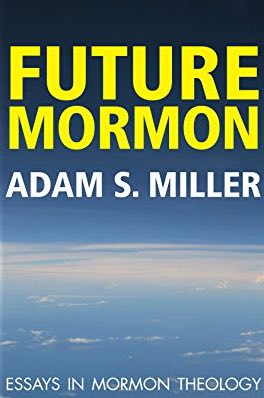
Future Mormon Reading Club
The person who probably comes closest to my own views on many matters is Adam Miller. Back in the heyday of LDS-Herm we had tons of fantastic discussions on theology and philosophy. Ever since Adam’s last book came out I’ve wanted to do a reading club on it but just hadn’t had the time. One…
-
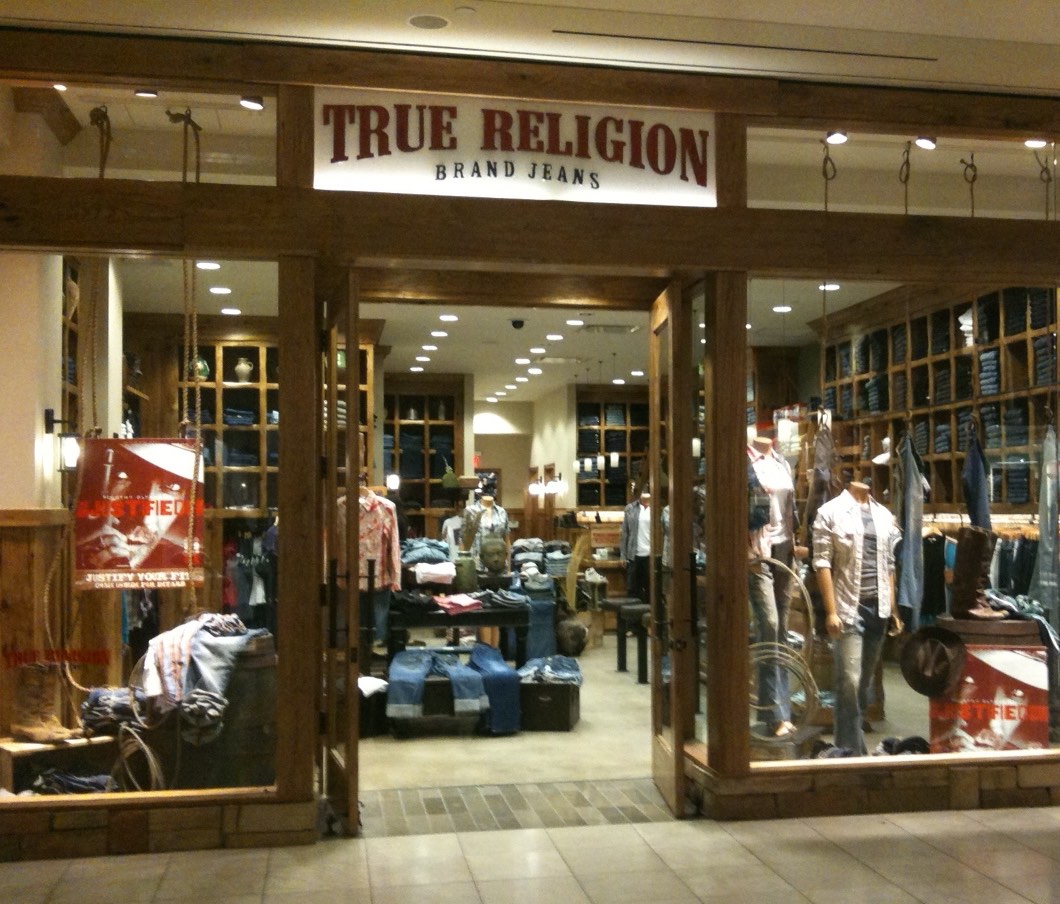
Religion as Consumerism
We’ve talked a lot about recent LDS growth numbers here including my post on the drop in missionary numbers and Wilfried’s post on the controversial consolidation of units in Europe. Since then the Salt Lake Tribune has weighed in as well.[1] My argument about church growth is that while there are things we could do…
-
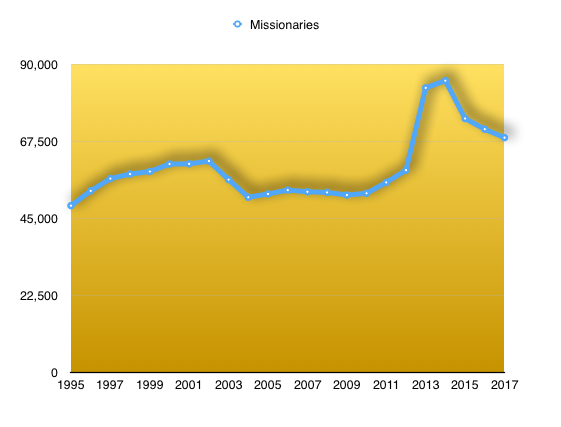
On Those Latest Missionary Numbers
There’s been a bit of controversy in social media over the recent missionary numbers that have leaked. Deseret News has up a story about missionaries that mentions there being 68,500 missionaries out. The new numbers shocked some people but actually are much more in keeping with what we should have expected. It’s just that some…
-
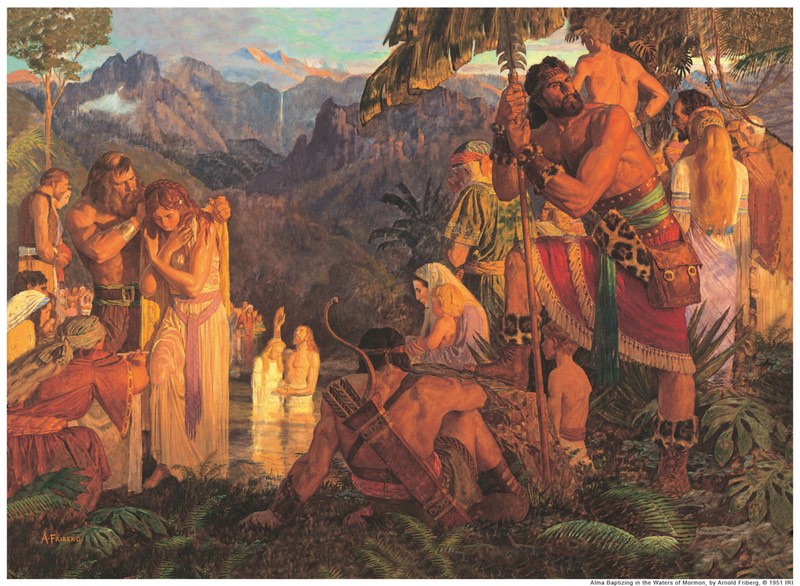
The Problem of Mormon Art
I’ve long been a critic of Mormon artwork. The main problem is that artists tend to portray a superficial connection to the events they are portraying. That’s perhaps somewhat understandable except for the problem that people have a habit of remembering the art rather than the details of what the art was about. We saw…
-
How Do We Tell Doctrine?
“Doctrine” is one of those funny words where it seems inevitably to shift in meaning even within a single discussion. I’ll confess whenever I hear it spoken of I often put myself on guard. Not because I don’t have a fair bit of confidence in doctrine but because I suspect the discussion will inevitably equivocate…
-
Some Thoughts on Nephite Baptism
Nephite baptism is to me quite mysterious. We know they do it but the practice seems to evolve over time a fair bit. It’s worth noting the differences between baptism in Palestine and among the Nephites. First, the baptism of John the Baptist is quite mysterious. While the common assumption is that it arises out…
-
In Defense of Checklist Mormons
The wind bloweth where it listeth, and thou hearest the sound thereof, but canst not tell whence it cometh, and whither it goeth: so is every one that is born of the Spirit. (John 3:8) I think a common self-criticism we make within the Church is the valid concern that people get so caught up…
-
Church is Partially Pulling Out of Scouts
The Church announced today that it’s pulling out of scouts for all the 14 and older boys. So no more Eagle Scout projects. Overall I think that a positive thing. Trying to do both young men [i]and[/i] scouts is pretty hard. Plus my son admittedly doesn’t like scouts too much. I have to drag him…
-
Mormon Knowing
When I first got invited to blog I had several topics I was really excited about. Then life came at me fast and most of those projects fell between the cracks. What I want to do is return to them but cut to the chase a little more swiftly. I’ve talked about knowledge quite a…
-
The False Dichotomies of Membership
One thing I’ve noticed a lot is people creating simple divisions of people within the church. I’m sure you’ve heard many of them. Liahona Members vs. Iron Rod Members. Chapel Mormons vs. Internet Mormons. Intellectuals vs. Fundamentalists. I’m sure there’s some out there that I somehow missed. I’ll confess these have always bothered me for…
-

Easter Traditions
Back home Easter was nearly as big a holiday as Christmas. I was quite shocked when first moving to Utah to attend BYU at just how marginalized Easter was here. Part of that I figured was due to it typically coming near finals when no student had a lot of free time. Part was Conference…
-
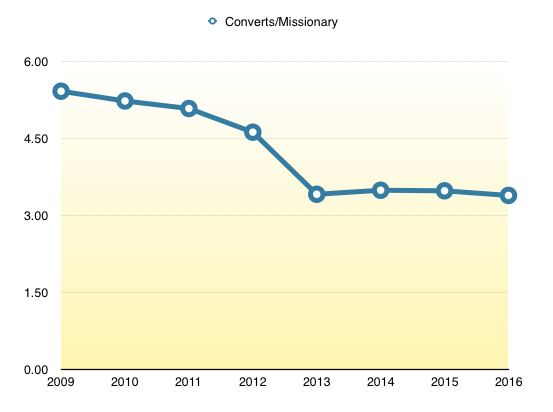
Converts per missionary revisited
Last year around this time I had one of my first posts here at T&S on an analysis of the number of converts per missionary. I thought, given the latest data from the Church, it would be worth revisiting the topic. I had noted a huge drop in missionary productivity first around 1989 after an…
-
Conference Predictions & Discussion
Any conference predictions out there? I’m pretty bad with predictions but here are a few of mine.
-
Utah Keeping the The American Dream Alive
There was a gushing story about Utah and particularly the Mormon influence there in today’s Bloomberg. The issue was how Utah deals with poverty. Particularly how Utah is near Denmark in economic mobility figures. It’s not the first time Utah has been singled out. A couple of years ago Newsweek did a similar story. I…
-
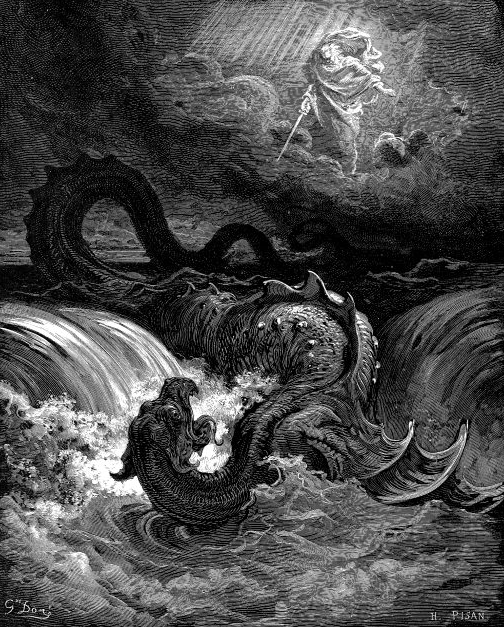
Shape of Agency Part 2
In my last post I went through the foundational metaphor for agency in the scriptures. I argued it was a space that was cleared or opened so that people could be free. I want to continue this investigation a little by looking at early Hebrew creation accounts. One of the most interesting books on what…
-

The Shape of Agency Part 1
Agency is one of the most fundamental concepts in LDS thought. Often people confuse agency and free will. They are not necessarily the same thing. I’m going to avoid all those sorts of nuanced discussions here. What is interesting to me are the more social, literary and especially political implications of Mormon notions of agency.…
-
Can Mercy Rob Justice?
We’re all familiar with Alma 42 and the notion that mercy can’t rob justice. I was reading this today at church and was struck by a context that often doesn’t get mentioned. In the ancient world relationships often determined actions. This meant special treatment for friends and especially relations. In Greek philosophy and plays you…
-
Deutero-Isaiah in the Book of Mormon
Several parts of the Book of Mormon are highly influenced by the text of deutero-Isaiah. The traditional problem here is that deutero-Isaiah (chapters 40-55) are usually considered to be written fairly late – usually dated to during the exile in Babylon. Contrary to what some members say, the dating isn’t just assuming that prophecy is…
-
Benedict Option
Rod Dreher at The American Conservative in response to significant losses on cultural issues in the US suggested that social conservatives should adopt what he calls the Benedict Option. More or less it means those who cease trying to make the public sphere what they consider moral and instead create more local and self-contained communities.…
-
Translating the Book of Mormon and the Priesthood Restoration
One of the interesting facets of Mormon history is that a few key events are not exactly clear. An example is the Melchezedek Priesthood restoration. Ben at the Juvenile Instructor did a nice overview of the issues a few years back. The Millennial Star did a nice post discussing how Addison Everett’s account bears on…
-
Truth, Knowledge and Confidence
A few months back we were at Seven Peaks in Provo and my son was staring down the long drop of one of the slides. He knew that it was safe yet ultimately that knowledge wasn’t what was in question. He thought it too big a risk. He didn’t have confidence in the safety of…
-
Can Private Experience Ground Knowledge?
I’ve neglected my posts on epistemology the past couple of months due to being busy. While I want to get back to them let me first take a bit of a side trip. Fundamentally more than anything else the big divide within the question of religious knowing is to what degree private experiences can ground…
-
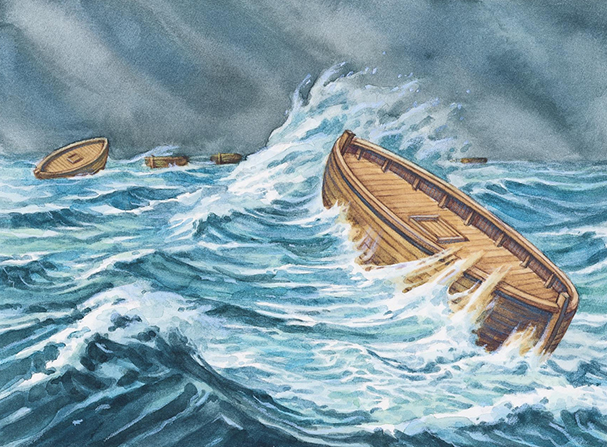
Some Thoughts on Jaredites Barges
I know we’re all supposed to be on the D&C right now, but I’m a tad behind. A few people elsewhere were asking about the Jaredite voyage and I thought it’d be useful to list some things I noticed from my last close reading.
